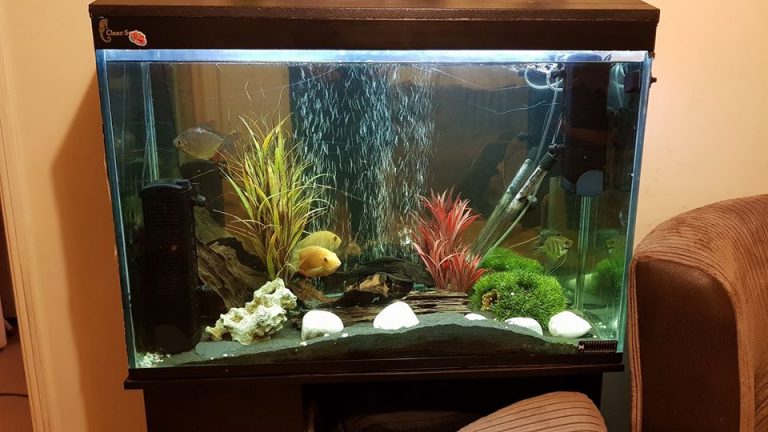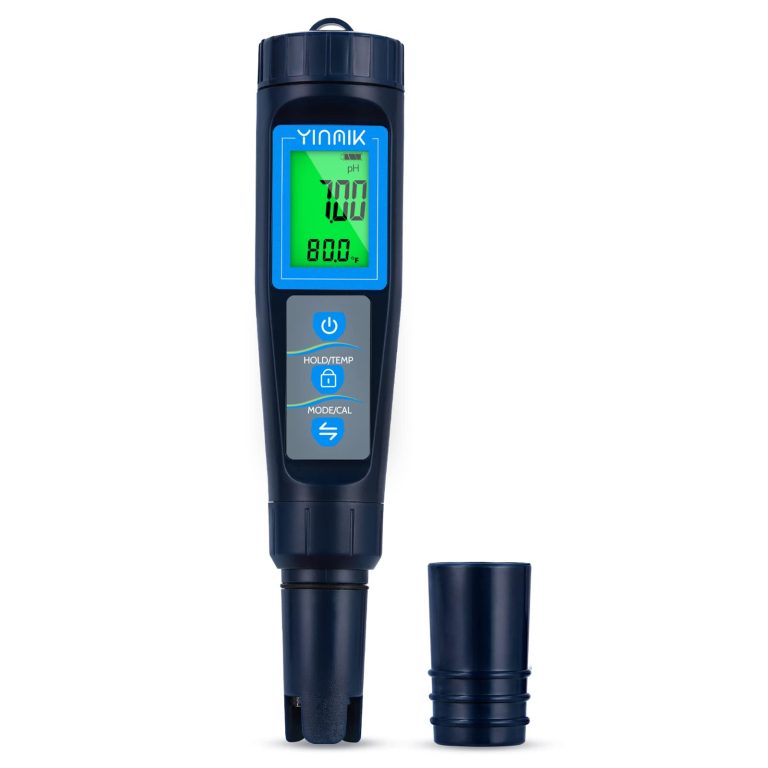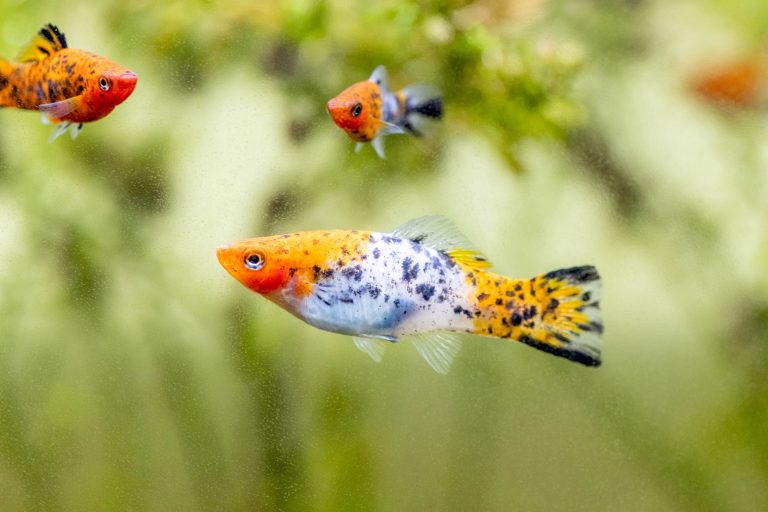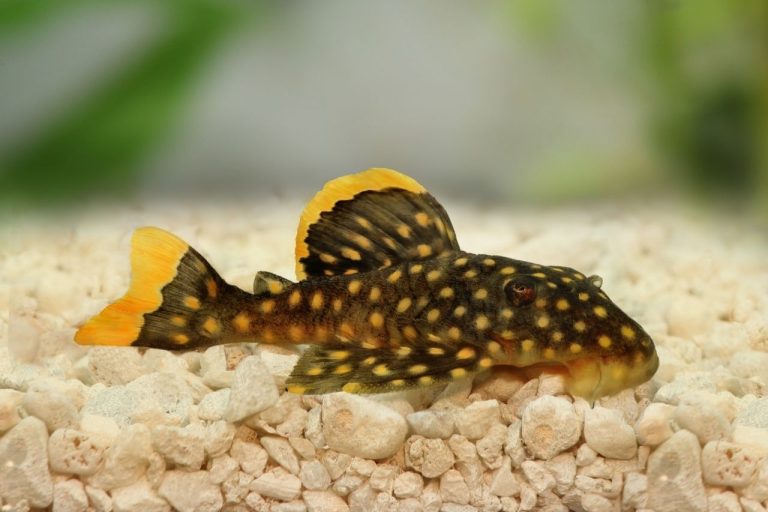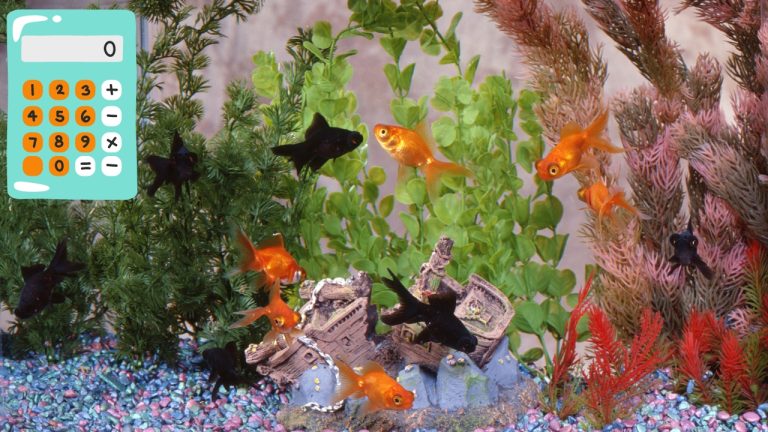Should A Fish Tank Filter Be Fully Submerged
Should a Fish Tank Filter be Fully Submerged?
Yes, a fish tank filter should be fully submerged in order to function effectively. By being fully submerged, the filter can properly circulate and clean the water in your fish tank, ensuring a healthy and thriving environment for your aquatic pets. Let’s dive deeper into why fully submerging a fish tank filter is essential and how it benefits both the fish and the overall aquarium ecosystem.
The Importance of Submerging a Fish Tank Filter
When it comes to maintaining a fish tank, water quality is of utmost importance. A fish tank filter plays a crucial role in maintaining this water quality by removing debris, toxins, and waste materials that can accumulate in the aquarium. By fully submerging the filter, you allow it to effectively remove these impurities, ensuring clean and clear water for your fish.

Proper Circulation and Filtration
One of the key benefits of fully submerging a fish tank filter is that it allows for proper water circulation. When the filter is submerged, it can draw water in from the tank, pass it through the filtration medium, and then release it back into the aquarium. This continuous cycle ensures that all areas of the tank receive adequate filtration and oxygenation, preventing stagnant areas where waste can accumulate.
Mechanical and Biological Filtration
Fully submerging the filter also enables it to perform both mechanical and biological filtration efficiently. Mechanical filtration involves removing visible debris such as uneaten food and fish waste from the water. When the filter is submerged, it can effectively trap these particles in its filtration medium, preventing them from circulating back into the tank.
Biological filtration, on the other hand, relies on beneficial bacteria that break down harmful toxins such as ammonia and nitrites produced by fish waste. These bacteria thrive in the filter media and require a fully submerged environment to function optimally. By submerging the filter, you provide a habitat for these beneficial bacteria to grow and multiply, ensuring a stable and healthy aquarium ecosystem.
Preventing Water Splashes and Noise
Another advantage of fully submerging a fish tank filter is that it helps to prevent water splashes and noise. When a filter is only partially submerged, water can splash out of the tank, leading to a messy and wet environment. Additionally, the splashes can cause noise disturbances that may stress your fish. By submerging the filter completely, you eliminate these issues, creating a more peaceful and visually appealing aquatic habitat.
Maintaining and Cleaning a Fully Submerged Filter
While fully submerging a fish tank filter is necessary for optimal performance, it’s important to regularly maintain and clean the filter to ensure its efficiency. Here are a few steps to keep in mind:
1. Regularly inspect the filter: Check the filter for any signs of clogging, damage, or worn-out parts. Replace or clean the filter media as needed to maintain its effectiveness.
2. Clean the filter media: Rinse the filter media with dechlorinated water to remove accumulated debris and waste. Avoid using tap water, as it may contain chlorine or other harmful chemicals that can harm your fish.
3. Follow manufacturer guidelines: Refer to the manufacturer’s instructions for specific cleaning and maintenance recommendations for your particular filter model. They may provide additional steps or precautions specific to your filter.
Frequently Asked Questions
Q: Can I partially submerge a fish tank filter?
A: It is not recommended to only partially submerge a fish tank filter. Partial submersion may lead to decreased filter efficiency and inadequate water circulation, resulting in poor water quality.
Q: How often should I clean my fully submerged fish tank filter?
A: The frequency of cleaning your fish tank filter will depend on factors such as the size of your tank, the number of fish, and the specific filter model you are using. As a general guideline, aim to clean the filter media every month or as recommended by the manufacturer.
Q: Can I turn off the filter overnight?
A: It is generally not recommended to turn off the filter overnight. The filter provides essential water circulation and oxygenation for your fish. However, in certain situations, such as during medication treatments or specific fish breeding scenarios, it may be necessary to turn off the filter temporarily. Consult with an aquatic specialist or veterinarian for guidance specific to your situation.
Final Thoughts
To maintain a healthy and thriving fish tank, fully submerging the filter is essential. By doing so, you ensure proper water circulation, efficient filtration, and a clean and clear environment for your aquatic pets. Remember to regularly maintain and clean the filter to optimize its performance and provide the best possible living conditions for your fish. Happy fishkeeping!
